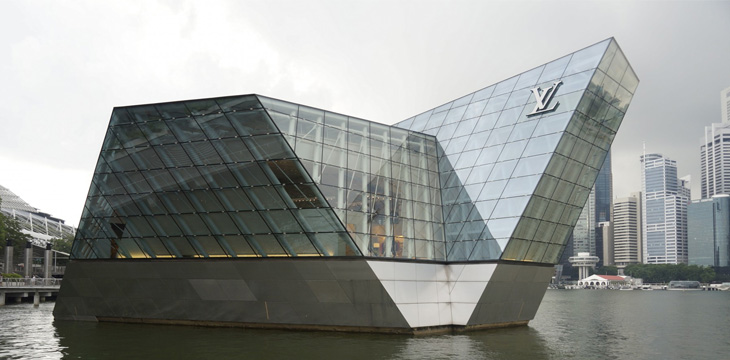|
Getting your Trinity Audio player ready...
|
In a complete repudiation of recent reports, Louis Vuitton (LVMH) Chairman and CEO Bernard Arnault denied that he had set up a firm in Belgium so that customers would be able to invest and trade in cryptocurrencies. This denial came just hours after the Dutch newspaper De Tijd had reported that Arnault had established AbesixBelgique in Brussels.
The newspaper would later provide an update supplying the denial by the Louis Vuitton CEO. The update included the line “after publication, this message was formally denied by Bernard Arnault.”
However, the publication seemed adamant in the reporting. According to their story, the Abesix exchange would offer trades in six major cryptocurrencies, including SegWitCoin (BTC), XRP, Litecoin (LTC), Dogecoin (DOGE), and Ether (ETH). They further reported that Emmanuel Wouters, the young Brussels entrepreneur, was also involved as a co-founder in the exchange. Wouters did not supply a response related to the report.
Arnault is the richest man in France, with a net worth of nearly $97 billion. He is the CEO of the largest luxury goods company on the planet, as LVMH not only owns the brand Louis Vuitton but also Christian Dior.
While he has denied any involvement with the exchange, he has been quite involved in blockchain technology which helped to spur conjecture. In May, it was announced that LVMH was partnering with Microsoft to create a blockchain-based platform. This platform referred to as AURA, would be used to track products and trace services.
This new platform would provide a proof of authenticity that goods and services that were provided by the company were authentic. By being able to properly track products from the warehouse all the way to sales, it ensures that counterfeit or fraudulent products could not be offered as genuine. This kind of fraud has cost companies over $600 billion a year and has fostered the need to create a system that will verify the authenticity of a product.
While wanting to assure customers that products they purchased are authentic, it seems that this move was also in response to a scam in Sweden that was uncovered in March. In this scam, the company was promising high-end merchandise to customers but were not providing the products at all. Merchandise from products such as Apple, Gucci, and Louis Vuitton were offered but were never delivered.
These kinds of scams can help to greatly diminish the value of products. They leave customers leery about whether to make purchases, not knowing whether the product is truly authentic.

 02-27-2026
02-27-2026 




